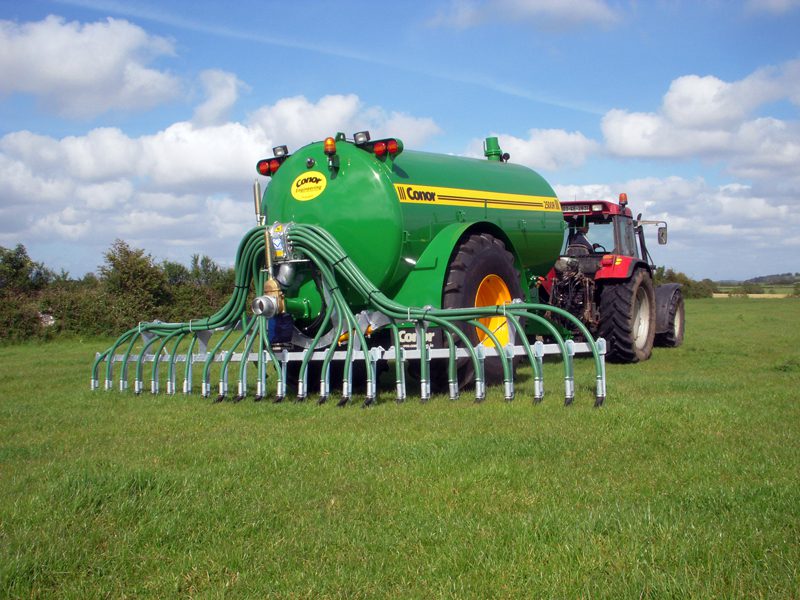The European Commission has launched a public consultation on an Integrated Nutrient Management Action Plan.
The action plan, announced in the EU Biodiversity and Farm to Fork Strategies, is aimed at helping to achieve the European Green Deal‘s 2030 target of reducing nutrient losses by 50%, while ensuring no deterioration in soil fertility.
The objective is to reduce fertiliser use by at least 20%. Farmers, industries, non-governmental organisations (NGOs), citizens and other interested parties are invited to share their views on this action plan via an online consultation that runs until August 26, 2022.
Virginijus Sinkevicius, Commissioner for the Environment, Fisheries and Oceans, said: “Nutrients are essential for life, yet the presence of excess nutrients in air, water and soil significantly affects public health, climate and the environment.
“This public consultation will help us to draw on the experience of farmers, industries, civil society organisations and citizens how to identify the main drivers of nutrient pollution and ways to address it as well as stimulate markets for recovered nutrients.”
Nutrients continue to be lost along the entire food chain, with negative impacts on human health, environment and economy, according to the comission.
In Europe, surplus nitrogen and phosphorus in the environment is reportedly exceeding safe planetary boundaries.
The presence of excess nutrients in air and water negatively affects human health, the environment and the economy.
The overall environmental cost of all nutrient pollution in Europe is estimated at €70-320 billion per year.
The European Commission has said that the Integrated Nutrient Management Action Plan is an opportunity to consider nutrient cycles globally and provide a holistic and sustainable approach to nutrient management.
Nutrient management
In the EU, nutrient pollution has been tackled by environmental legislation since the 1990s, in particular through the Urban Waste Water Treatment and the Nitrates Directives.
They have since been complemented by the Water Framework Directive, the Marine Strategy Framework Directive, the National Emission Reduction Commitments Directive, the Industrial Emissions Directive, as well as standards on emissions from transport and energy sectors.
Global availability of phosphorus is limited. Russia’s invasion of Ukraine has increased the cost of chemical nitrogen fertilisers because natural gas is needed for their production.
In the EU, animal manure, compost and sewage sludge have been applied as fertiliser, but there are many other bio-products rich in nutrients that could be better recycled, according to the commission.
Members of the public can contribute to the consultation by filling in the online questionnaire on the European Commission website.
